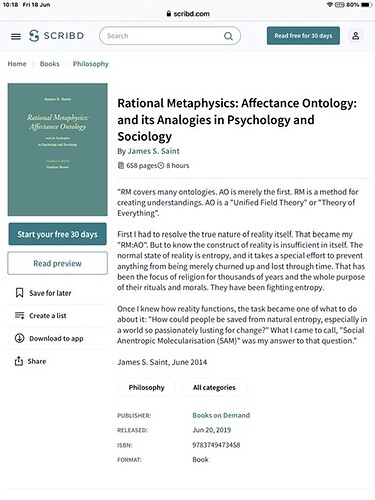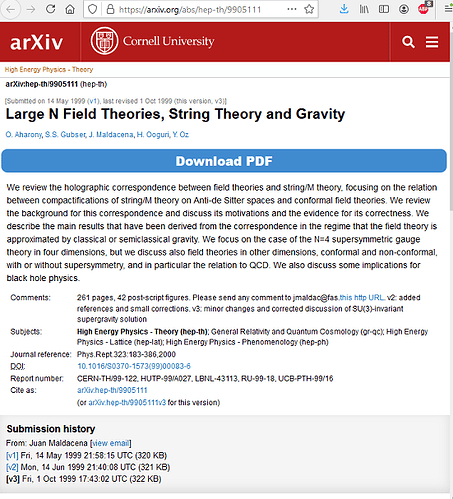Because of the similarity of “cause” and “affect”, you can also say “to cause means to cause a change”. The word “affect” and the word “cause” are not completely, but almost completely interchangeable. If you say “to affect means to cause change”, you can also say “to cause means to cause change”. Well, we all know that both statements may not mean exactly the same thing, but they mean almost exactly the same thing.
“All of science is built upon ontologies”, yes, but scientists would never admit that. In fact, it is so much the case, as Heidegger once said, that scientists depend on thinking or philosophy (metaphyics/ontology), because they themselves do not think, are not capable of thinking. Scientists have nothing to do with thinking and do not want it at all, but they are dependent on thinking, and this being dependent is denied by them since their triumph over thinking (philosophy).
Interestingly, the Ancient Greek at the time of the Presocratics, “logos” meant “gathering”, but after that it became more and more what we know as “speech”, " talk", “lecture”, “exposition”, became a system with Aristotle and we know it since then as “logic”.
If one undertakes a linguistic-historical (philological) investigation, one soon notices that in the course of time the understanding of being has changed fundamentally at least three times. The understanding of being, as it has been attempted since Aristotle by means of the logic system just mentioned, is that which also underlies RM:AO. One can also say that RM:AO has its orientation between the great masters of this system - Aristotle (in the beginning) and Kant or Hegel (in the perfection).
But does that solve the problem that this thread is about?
As I said, a cause can also be defined as “(the ability to cause change is) the ability to change - something”.
Ultimately, language (including thinking [including mathematics]) was, is, and will be used here - as always when it comes to knowledge.
Existence is that which has a cause.
Existence is that which has an affect.
In RM:AO it is called “affect”, so that it can be applied to psychology and sociology as well.
Existence is that which the Presocratics knew much more directly and of which after them more and more farewell was taken, that’s why for a similarly more direct knowledge more and more patience has to be applied (detours have to be accepted).

